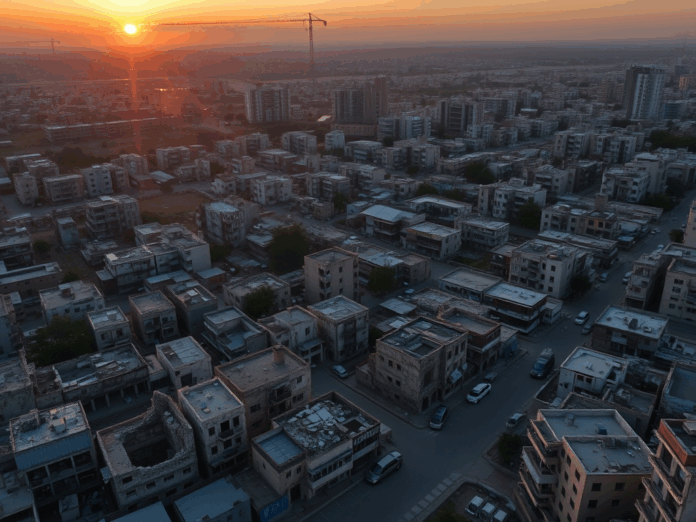After 12 intense days of conflict, a ceasefire has been declared. But beneath the headlines and official statements lies a harsher truth: this is not a triumphant pause but a reluctant retreat. For all the rhetoric of deterrence and strength, Israel emerges from this confrontation exposed, economically bruised, and strategically diminished.
A Reluctant Ceasefire, Not a Negotiated Peace
The timing of the ceasefire reveals much. With Israel’s economy buckling and military systems overstretched, it appears that external pressure, particularly from Donald Trump, provided an off ramp for Prime Minister Netanyahu. The offer was clear: step back now or face an economic tailspin alone. Netanyahu, often defiant, had no choice. This was not a choice made from strength, but from necessity.
The True Cost of 12 Days
While the headlines focused on missiles and Iron Dome interceptions, the economic toll went largely unreported:
- Billions in infrastructure damage from precision strikes by Iran and its proxies.
- Unsustainable expenditure on air defences, with each interceptor missile costing tens of thousands of dollars.
- Fuel, logistics, and maintenance costs that drained military readiness.
- A crippled civilian economy, with tourism halted, tech investment shaken, and reservists pulled from key industries.
Israel, a high functioning modern economy, cannot survive under siege. The myth of invulnerability has been shattered.
Netanyahu’s Pyrrhic Victory
In the short term, Netanyahu may claim a political win. He will posture as the leader who stood firm. But this illusion will collapse under the weight of reality:
- Public services will be stretched as post conflict reconstruction begins.
- Energy costs and inflation will bite an already stressed middle class.
- Investor confidence, a cornerstone of Israel’s modern economy, is shaken.
The war may be paused, but the fallout is just beginning.
The Iron Dome Is Not Enough
Iran and its proxies have proven that even with advanced defences, Israel can be overwhelmed:
- Saturation tactics exposed limitations in missile interception.
- The threat of hypersonic weapons from Iran adds a layer of fear.
- Proxies across the region are emboldened, seeing that pressure works.
The Iron Dome once symbolised total protection. It now represents a finite shield, not an impenetrable wall.
A Nation Exposed Without Its Allies
Perhaps the most damaging realisation of all: Israel is not self sufficient in war. It relies deeply on US intelligence, munitions, and political cover. This war made that dependency undeniable.
For Netanyahu, this is a strategic nightmare. His aggressive stance has left Israel alone at a moment when it needed the most support. And for Trump, delaying US engagement showed Netanyahu just how thin his leverage is.
Final Word
The ceasefire may stop the rockets, but it cannot stop the reckoning. Israel must now confront the limits of its military strategy, the vulnerabilities of its economy, and the truth that it cannot afford another war like this.
Was this a ceasefire or a surrender to reality?
Only the coming months will tell. But one thing is certain: the strategic landscape has shifted, and Israel’s adversaries are paying very close attention.
